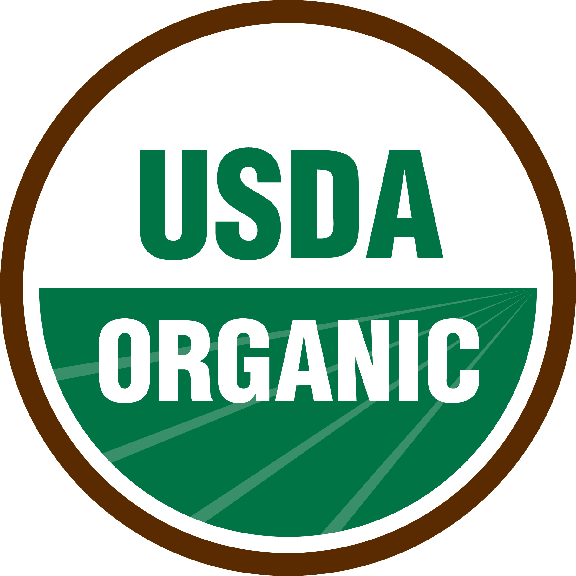USDA restores Organic Certification Cost Share Program

Published: May 27, 2023
Category: Organic News
The U.S. Department of Agriculture’s Farm Service Agency (FSA) recently announced that they would be restoring reimbursement rates for the Organic Certification Cost Share Program (OCCSP), which provides reimbursements to organic farms and handling operations, to 75% of the certified organic operation’s eligible expenses, up to a maximum of $750 per scope. This brings the amount of funding back up to the maximum allowed by the 2018 farm bill, after a 2020 reduction to 50% of the certified organic operation’s eligible expenses, and a maximum of $500 per scope.
Since 2020, the costs associated with certification and inspection have continued to rise. Organic Farmers Association (OFA) applauds FSA for this restoration of much needed funding, and urges Congress to further increase funding for the Organic Certification Cost Share Program through the 2023 Farm Bill so that FSA can reimburse 100 percent of eligible costs up to $1500 per scope of certification.
“OFA appreciates FSA’s work to bring reimbursement levels back to pre-pandemic rates,” said Kate Mendenhall, director of the Organic Farmers Association. “Small farms are an important component of the organic community, providing healthy local food while providing valuable environmental services. The organic seal validates production practices to consumers and our communities, and certification cost share is key to helping small operations transition to and maintain their organic certification.”
“We are thrilled by the announcement that USDA has finally restored funding for the organic certification cost share program,” said Abby Youngblood, executive director at the National Organic Coalition. “Organic farming has so many benefits—it reduces the use of toxic pesticides, increases biodiversity, protects water quality, and builds resiliency to extreme weather events. Operations that voluntarily use beneficial organic practices deserve support to help them comply with the time-consuming and expensive process of getting certified each year.”
“Organic practices on certified farms provide long-term environmental benefits to the communities they are a part of. I’ve been a certified organic farmer for more than 20 years, and still find this program important to justify the growing certification costs. Returning cost share to $750 and 75% reimbursement is a huge relief, and I hope it gets another boost in the Farm Bill.” said Seth Kroeck, Crystal Spring Farm, Brunswick, Maine.
USDA also announced that its Agricultural Marketing Service (AMS) will issue up to $75 million in its new Organic Market Development Grant (OMDG) Program. Eligible entities include businesses who produce or handle organic foods, non-profit organizations, tribal governments, and state and local government entities to fund projects designed to expand and improve markets for domestically produced organic products. OMDG is intended to increase the consumption of domestic agricultural commodities by aiding in the expansion of markets or development of new markets, marketing facilities, and uses for such commodities. For example, applicants may seek funding to develop and launch new consumer products using rotational grains, or invest in infrastructure like processing equipment to give producers better access to markets.
More information about these initiatives and more can be found at farmers.gov/organic-transition-initiative.
Organic & Non-GMO Insights June 2023








